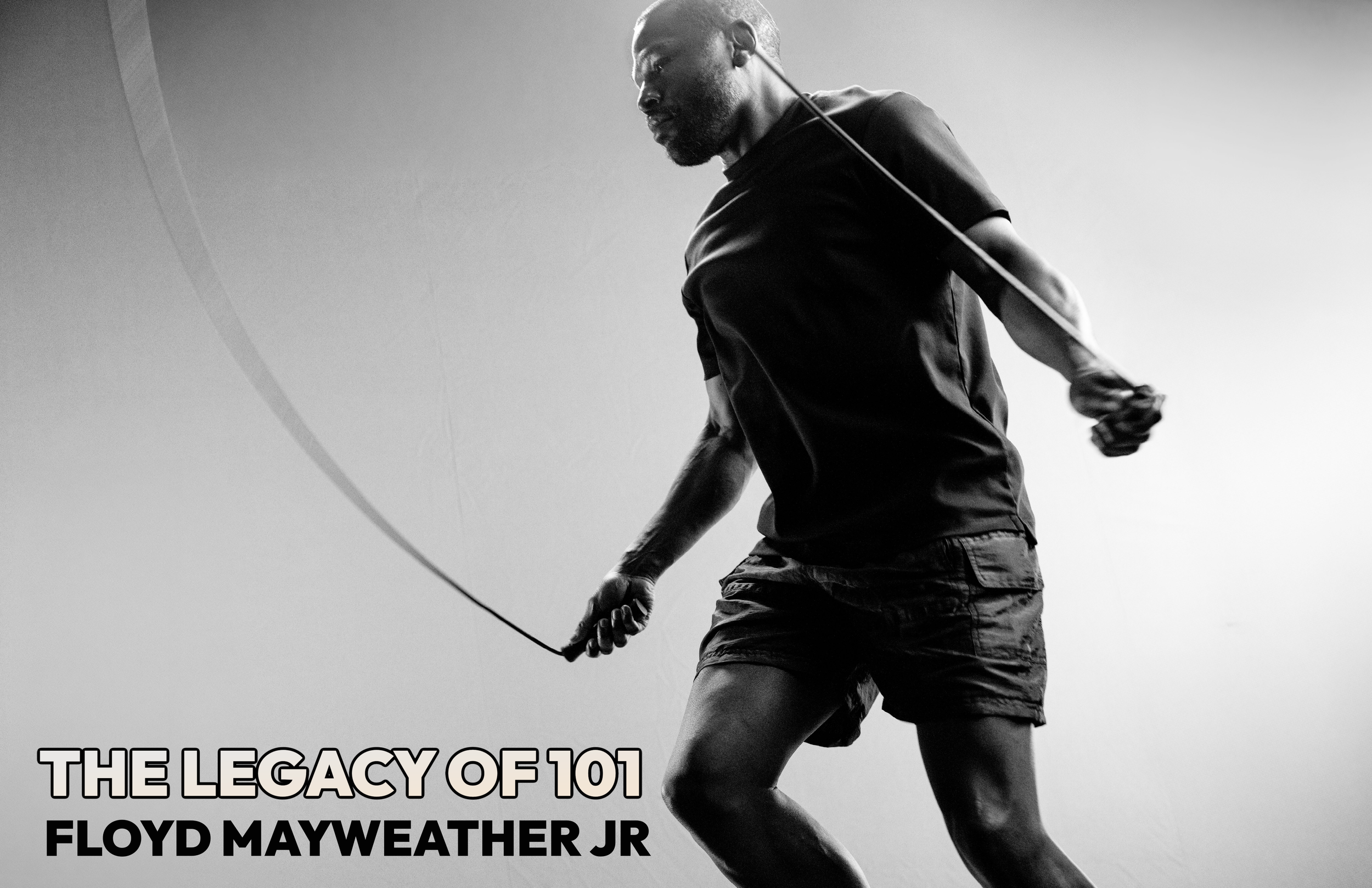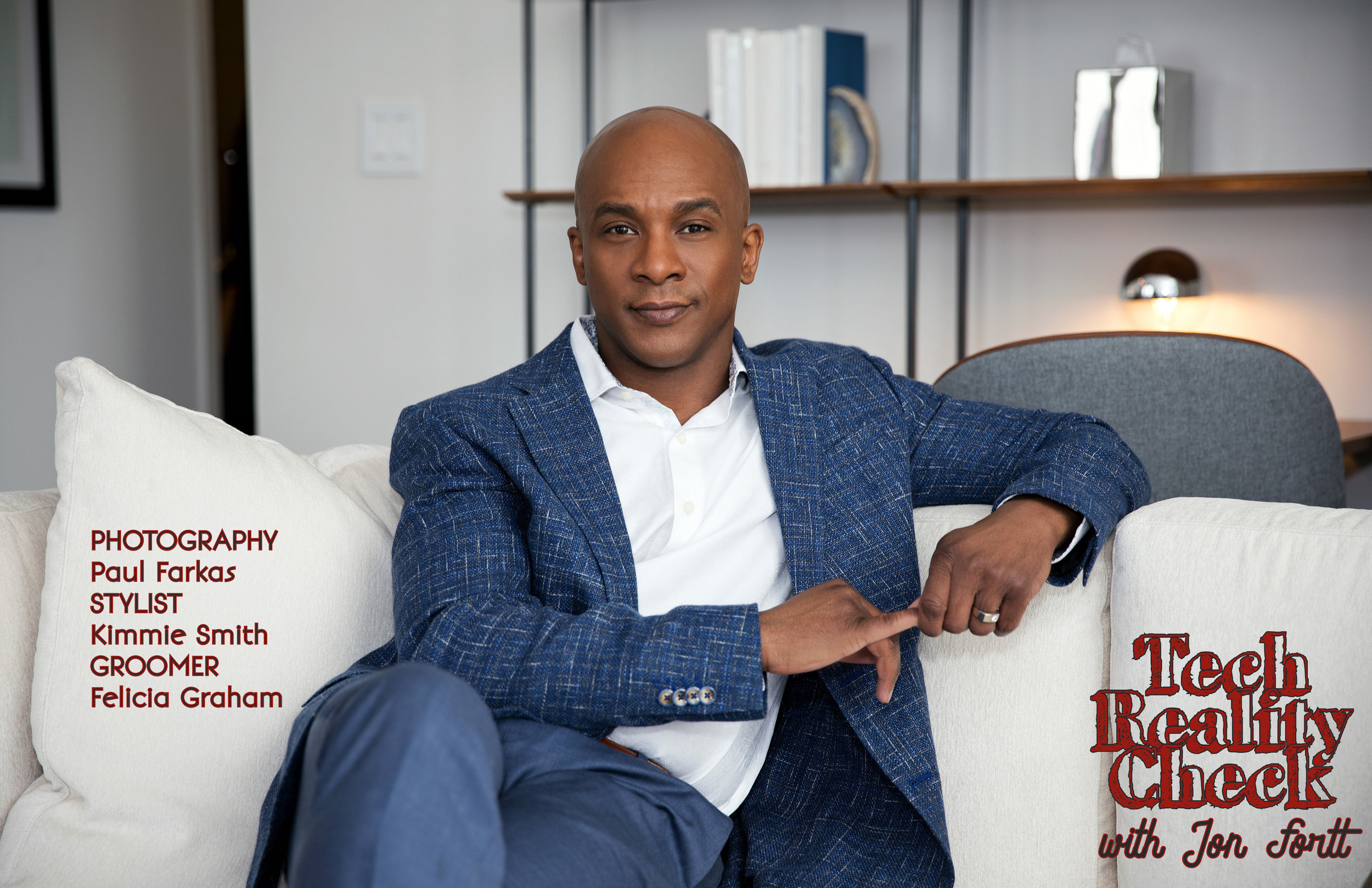We are fans of CNBC, especially their primetime programming. With the second season of The Deed launching on June 13th, we were excited to talk to developer, Sidney Torres on the show, his success at flipping houses, his advice, and his passion for the city of New Orleans which is still coming back from the effects of Hurricane Katrina.
ATHLEISURE MAG: We're excited for season 2 of The Deed. For our readers that may not be familiar with you, tell us about your background (would love to know more about SDT Waste and Debris Services) as well as (The Cove in the Bahamas), FQ Task Force, IV Capital and how you got into being a successful flipper.
SIDNEY TORRES: I wasn’t really sure what I wanted to do when I got out of high school and I had to get a job to figure out what I wanted to do. I went to work in the music business, first working the graveyard shift at a radio station and then I got a job working for a musician, Lenny Kravitz, traveling the world for a year and a half. I got fired after living the rock and roll lifestyle and thinking that I was Lenny instead of working for Lenny. That pushed me into going and getting a job working at a construction company sweeping the floor and learning that whole thing. I really enjoyed architecture and I liked real estate I just didn’t know anything about it so I got a job starting from the bottom and worked my way up to a foreman and then I ended up getting my own general contractors license and started doing my own real estate flips. The success in real estate is what gave me the ability to take on other challenges in the community like the crime app and other charity type events.
When Hurricane Katrina hit and the city was in need of help and someone to clean it up, I ended up getting into the garbage business. There was a huge need and I ended up housing a
lot of the first responders. Because of that I became the hub and the place to come for things that needed to get done. I ended up renting a garbage truck and I started helping clean up the city but I wasn’t getting paid for it I did it because we needed to clean the streets from all the debris. That ended up turning into the largest hauling company in seven years in the state of Louisiana. I ended up selling it to a big public company afterwards.
Real estate is really what gave me the ability to do all the charity work, to help out and give back, and allowed me to get into all these businesses. My main passion and love was for restoring old properties and turning slighted houses and neighborhoods into livable communities.
AM: How did The Deed come about and how is this season different than last season?
ST: The Deed came about through CNBC’s executive vice-president, primetime alternative, Jim Ackerman. CNBC reached out to me because they were looking to do a show about real estate and they saw all the work that I was doing in New Orleans and they wanted to feature my company IV Capital, that lends money to up and coming developers as a hard money lender. On The Deed, not only am I providing my expertise, but this is my money that I am investing to aid struggling property investors. We go in and really show the full renovation process, from the financing, to determining and working within the budgets, to the sale of the home, and all of the deals being made from beginning to end.
This season is completely different becayse I am able to get in earlier on the process and affect change. I am able to give these flippers guidance and help them make good choices rather than help them fix mistakes. I am teaching them things like how to value the engineer. What’s also great about Season 2 is that whether you are looking to buy your first home or get into the flipping business, it gives you the lessons to do so.
AM: We don't want to spoil the premiere episode; however, we love that we are introduced to someone who has fallen in love with a flipped house - what are the common situations you find that flippers fall into that are bad habits that you look to break them of?
ST: You’ve got to separate your emotions from your flip. Even your first time home purchase when you are remodeling your house. You always have to keep your eye on your comps and know what things are selling for and what you can invest and what you shouldn’t invest. Always establish your budget on the front end and don’t let your emotions get in the middle of the renovation. It becomes very dangerous when your emotions get involved because you don’t keep the budget at the forefront, you start over investing and taking longer than you should and that is where you can get into a lot of trouble.
AM: What checklist would you suggest for someone who is thinking about flipping to assess whether they are the right person to engage in this investment?
ST: I always say try to mentor with someone you know that is a real estate agent or broker who is seasoned in the real estate business. That is what I did in the early stages. You can tap on the shoulder of a family member or friend to mentor with and kind of shadow for a while to understand whether or not that is what you want to do. I think it's really important for anyone trying to get into this business to really make sure because it’s not as easy as they make it look on TV and there's a lot of things that you have to know if this is the business you want to get into.
AM: Upon deciding that they want to enter the world of flipping what are some "rules of the business" that they should keep in mind when they are selecting a property?
ST: You always need to evaluate your comps. You always need to make sure you are looking at what is on the market, how long it’s been on the market, what are the finishes that they have in there, and understanding the area in which you’re going to develop in so you can always keep that on the forefront as the guidelines for value. What I call value engineering, engineering your development, your flip, to sit within the comp set that has been proven to work. It’s so important even if it’s your first time home purchase to make sure that you get all your pricing for your subcontractors and you know exactly what your budgets are so you’re not in a position when it’s all said and done that you’re over invested.
AM: How are the rules of flipping in terms of design and finishes different then what you would do for your own personal or vacation home?
ST: It all depends on the area you’re in, it all depends on what those comp sets show, and making sure that you understand that. The same principles apply wherever you go it’s just the content changes – the information changes. So the same processes and procedures that I would do in New Orleans or New York or Miami are the same it’s just making sure that you get the correct information from the MLS, from the online sites, from a real estate agent to make sure that you're staying in the guidelines of what actually sells and how much per square foot it sells for. So those are the things that I always tell new home buyers or new flippers.
As far as design and finishes if you’re flipping there are certain things you won’t do because you’re not personalizing it. You want to figure out what does the market research show as far as what you can put into this flip like what did you pay for it and how much can you invest in it with your budget based off of what the comps are showing. To me the same applies if you are doing your personal home because you want to make sure that you have equity in your personal home. Just because it’s your personal home, you don’t want to over invest in it so you’re upside down that if you had to sell it you can’t get out of it because you put too much money in it and you’ve got to take a loss. So I would say the same thing applies, but you have to be extra careful on a flip because of the fact that you’re flipping it and you’re doing it to make money.
AM: We love how throughout last season and based on the first episode of season 2, that we continue to see the rebuilding in a post Katrina era which makes New Orleans a character in the show as well. What is it about this city that you love so much and why is it important to continue to drive the point home that the effects of this devastating storm are still being felt today?
ST: Considering it was one of the largest natural disasters I think it’s important to constantly let people know that certain areas of the city are still recovering and they haven’t fully recovered.
What I love about the city of New Orleans is the history, the culture, the architecture, the music, and the food. When I look at other areas throughout the United States it’s hard to find the laid back kind of lifestyle that we have here with so much rich culture where you can just walk outside and have music on the street and see an artist painting. When you walk around the streets of New Orleans, you feel like you're in Europe as far a the architecture and the history and the beauty of it. It's different to me than any other area. I love New York and New York has a lot of great areas and history and culture, but it's so big and moving so fast that you know it will wear you down if you’re there for a certain period of time as beautiful as it is. New Orleans is more laid back the way that the people are here. You get a lot for the value of what you are buying here in real estate. I can live anywhere I want in the world and I always choose to keep this as my base.
AM: Looking through your social, we see that you are definitely an Athleisure kind of guy - how do you stay so fit and is there a fitness method that you are a fan of?
ST: I really just do cardio and use body weight for pullups, pushups and sit-ups. A big part of it is just eating healthy. Making sure that I eat healthy and trying to stay away from the sweets that I love. Just trying to stay consistent with that.
AM: When you're in New Orleans, where would we catch you grabbing a cocktail/bite to eat, where are you working out and where can we find you shopping?
ST: I mainly stay within the French Quarter, that’s where I live. When I do go out I have set spots that I go to, I go to Café Amelie, Irene’s, Lafitte’s Blacksmith Shop which is one of the oldest bars in America, right around the corner from my house. I like to walk down Royal Street and walk into the galleries there, some of the local stores. I like to take evening walks in the French Quarter and listen to music and really just enjoy the street noise and street performers.
AM: How do you give of your time?
ST: I am on the board of Junior Achievement teaching financial literacy to young kids. I also work with the Leukemia Foundation, to raise money. Additionally, I have a group called Voice PAC that gives everyone in the city the opportunity during election time to ask the tough questions and speak out by doing commercials on TV and other media.
AM: If there is anything else that you want to share that we have yet to cover, feel free to include!
ST: TUNE IN! The Deed airs Wednesdays on CNBC at 10pm ET/PT.
PHOTO CREDITS | PG 106 THE DEED - Pictured: (l-r) Sidney Torres -- (Photo by: Tyler Kaufman/CNBC) Wednesday, June 20 on CNBC (10pm ET/PT) | PG 109 THE DEED – Pictured: (l-r) Sidney Torres, Chelsea Dreyer -- (Photo by: Tyler Kaufman/CNBC) Wednesday, July 25 on CNBC (10pm ET/PT) | PG 110 THE DEED – Pictured: (l-r) Preston Tedesco, Sidney Torres -- (Photo by: Tyler Kaufman/CNBC) Wednesday, July 18 on CNBC (10pm ET/PT) | PG 112 THE DEED – Pictured: (l-r) John Brooks, Sidney Torres, Joan Brooks, James Brooks -- (Photo by: Patti Perret/CNBC) Wednesday, June 13 on CNBC (10pm ET/PT)
Read more from the June Issue of Athleisure Mag and see He Gets Your House in Order with Sidney Torres in mag.












